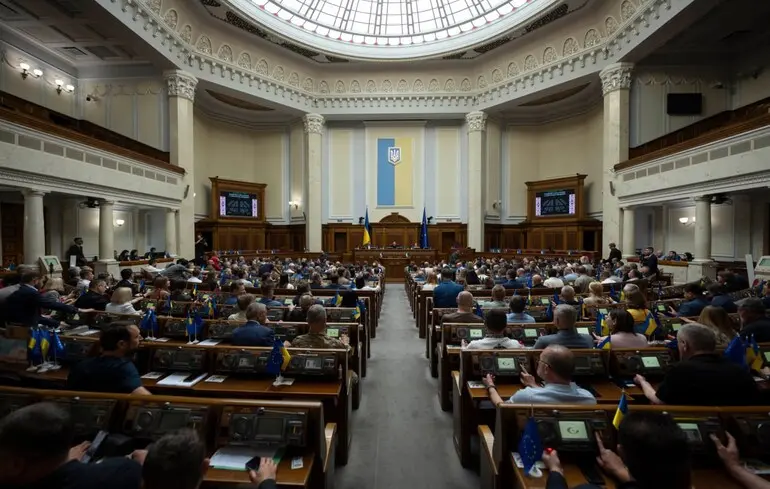Challenging Paths of Reform: Why the Parliament Failed to Approve the Oversight Bill for Local Governments

The Verkhovna Rada of Ukraine has yet again failed to pass a crucial legislative initiative aimed at strengthening oversight and preventing abuse within local government bodies.
The bill №13150, proposing amendments to various legislative acts to ensure legality in the activities of local officials and authorities, garnered support from only 206 deputies out of the 226 needed for approval.
This setback vividly illustrates internal conflicts within the governing circles and highlights the ongoing difficulties in implementing decentralization reforms, which have long awaited comprehensive structural changes.
Head of the relevant committee, Yaroslav Zheleznyak, emphasized that due to this failure, the initiative has been effectively halted as of March 31 — the bill is no longer moving forward and is considered rejected.This defeat further exposes the reality that measures aimed at tightening control over local authorities face significant internal opposition, political maneuvering, and lobbying pressures.
The Ministry of Communities, Territories, and Infrastructure Development continues to support the idea of establishing a control mechanism that would replace direct oversight and serve as an effective tool for ensuring legality.
However, ongoing parliamentary debates over bills №4298 and №13150 reveal discord over the format of these legislative changes, especially regarding the creation of a unified registry of local government decisions, which is viewed as a cornerstone of reform.Expert analyses point to institutional challenges, including the quality of legislative drafting and the broader political instability that hampers reform efforts.
Many crucial reforms remain in the discussion phase, hampered by low public trust in state institutions, internal disputes, and vested lobbying interests.
Despite these obstacles, experts stress the urgent need to implement state oversight of local authorities, as neglecting this could exacerbate corruption, lead to financial losses, and weaken the integrity of local governance.Overall, the case demonstrates that reforms lacking political backing and thorough preparation often struggle to reach fruition.
They are vulnerable to internal conflicts and external pressures, complicating long-term strategic planning.
In the current context of war and societal disillusionment, internal conflicts within governance only deepen the crisis, demanding swift and systemic decisions to stabilize and improve the situation.

